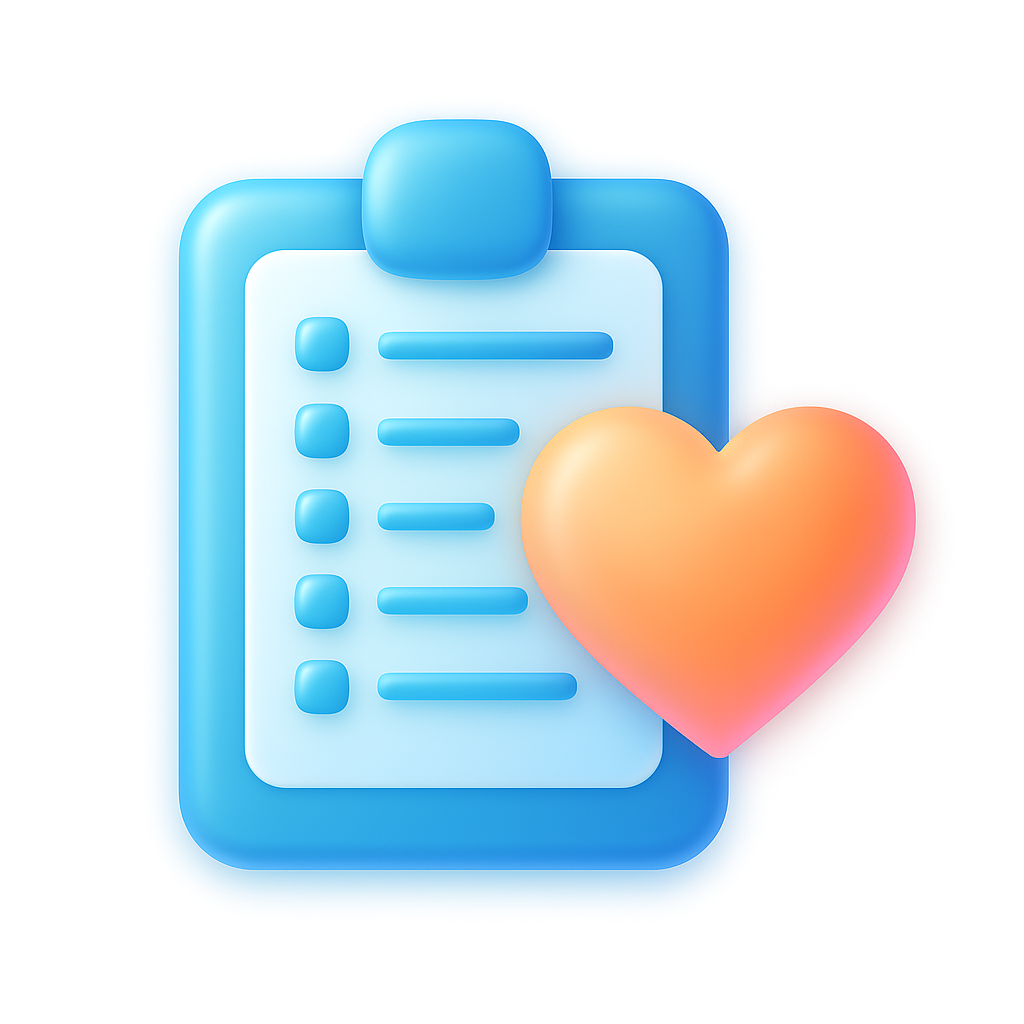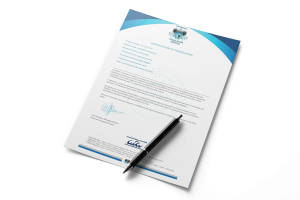Certified Translation of Adoption Documents
Adoption Translation
Even after all this time, it is impossible to know humans completely. Why do they do certain things and avoid others? Do they do good because it feels right or because they want to appear right? Are all noble acts done by noble people? Probably not. Sometimes, people do good unknowingly. And sometimes, they have selfish reasons for doing good. But what if it is both? Often people do good things out of personal interest but also so they can bring a bit of happiness in someone else’s life. It is useless to debate the validity of such acts. People should be allowed to do good, no matter what the circumstances are, and not get questioned about their motives.
Adoption is one such complicated thing that people often start debates about. Some say that it is not good to bring a child into your life for your personal interest, but who is to say what is best for a kid? And it is quite difficult to love someone who is not related to you; this is why only those whose hearts are full of love go for adoption. They want to not only make a child’s life better but also give them the chance to improve their future options. They want to build up a person’s life and not let it get ruined by the rotten system of society.
Good stories rarely come out of foster homes. There are a lot of people who refuse to have their own kids because of how many children are waiting to be adopted. Everyone loves their children but when you adopt, you make a decision to love the person you chose to bring into your life. And it is difficult, too because you have to earn their trust, let them know you are not going to abandon them like everyone else and help them develop a connection with you.

The Rules of Adoption:
Like everything else, adoption rules also differ from country to country. In some, the rules are pretty lenient and it is very easy to make someone a part of your family officially. In those places, it is just like verbally saying that you are my kid now. In other countries, the rules are very strict. The state wants to make sure that a person or family is capable of taking care of a child. They not only want to know the financial state of the potential parents but also their physical and mental health to make sure they can take care of a child.

The state, in those cases, don’t want to mess up a child and takes steps to ensure complete protection of kids who are up for adoption. Some agencies also require criminal background checks and birth certificates to make sure someone is not a criminal and has proof of their identity. It also takes a lot of time in those countries to officially adopt a child due to the many hurdles along the way and how much time it takes to solve them all.
Certified Translation Adoption Documents
$20 per page
USCIS-Accepted • Delivery in 24 Hours • Any Language into English
✔ Official Certified Translation Included
✔ Guaranteed USCIS acceptance
✔ Available 24/7 — same-day delivery
✔ Digital delivery + optional notarization
Certified Translation for Adoption Papers:
If you are an American citizen and you want to adopt a child who is not, you will have to get a huge ton of paperwork ready. Because of the differences between rules and the criteria of the process, the time required for the adoption to fall through can get longer. But that’s okay, if you follow the protocol and do everything according to the requirements, you will ultimately get to bring your child home and start giving the love and affection that they deserve.

Frequently Asked Questions
Title
What adoption documents typically require certified translation?
Birth certificates, marriage certificates, home studies, police clearance letters, medical reports, and financial statements often need certified translation for adoption.
Are certified translations mandatory for international adoptions?
Yes, most countries and immigration authorities require certified translations of all foreign-language documents used in international adoptions.
Who can provide a valid certified translation for adoption paperwork?
A qualified professional translator or a translation agency experienced in legal or adoption-related translations, often with a signed certificate of accuracy.
Do adoption agencies or USCIS require notarized translations?
Some adoption agencies and U.S. Citizenship and Immigration Services (USCIS) may require notarized translations in addition to certification, depending on the document and use case.
Can I translate my own adoption documents if I’m fluent in the language?
No, self-translations are not accepted. A certified translation must be done by an impartial, third-party translator.
Do translations need to follow a specific format for adoption cases?
Yes, translations must mirror the layout of the original document and include a signed certification of accuracy.
What is the difference between a certified and a notarized translation in adoption cases?
A certified translation includes a signed statement from the translator. A notarized translation adds notarization of that statement by a notary public.
Can adoption documents be translated using machine translation tools like Google Translate?
No, machine-generated translations are not accepted for legal purposes such as adoption.
How long does it take to get adoption documents translated and certified?
Universal Translation Services offer a turnaround of 24 hours, depending on the number of pages. We charge 20 usd per page
Is the same translation valid for both immigration and adoption purposes?
Sometimes. If the translation is certified and accepted by both authorities, it may be reused—but always confirm with the receiving organization.

Certified Translation for Adoption Papers:
When you are adopting a child from another country, there is one additional problem that you will have to face. And that’s the language difference between your country and the place of birth of the child. If that situation arises, you won’t be able to get through the adoption since the language the documents are in isn’t something the officials who have to approve your request can understand. Read more about how to get a Hungarian Adoption Translation
How Translation of Adoption papers works and what it cost
Working with a professional translation agency is the most reliable way to get your adoption documents translated accurately and on time. These agencies typically have a team of experienced, certified translators who specialize in handling sensitive and legally binding documents like those used in international adoption.
The process is straightforward: you share your documents with the agency, explain the type of translation you need (in this case, certified), and discuss your deadline. Most agencies can provide a clear timeline and pricing upfront, and they will issue a signed certificate of accuracy along with your translations—something that is required by courts, adoption agencies, and immigration authorities.
When choosing a translation provider, cost is an important consideration. Certified translations for adoption don’t need to be expensive, and reputable agencies offer fair, transparent pricing—often per page. Be cautious of companies that overcharge for basic documents or try to upsell unnecessary services. High prices don’t always mean higher quality, so look for a provider that combines affordability with proven expertise in legal and adoption-related translations.
Adoption in Foreign Countries
A simple and effective way to move forward in the adoption process is by getting your documents translated. Translation has always been a valuable resource in human communication and continues to play an essential role across all areas of life—including adoption.
If you have all the required documents, obtaining their certified translation is a manageable step. Start by identifying which documents are needed; these may include your birth certificate, bank statements, and other official records. Once you’ve collected everything, the next move is to find a qualified translator.
Finding a reliable freelancer can be challenging—and you’re not wrong if you think it’s difficult. That’s why contacting a professional translation agency is often the better choice. Agencies typically offer certified translations that meet legal requirements and ensure a smoother adoption process.




